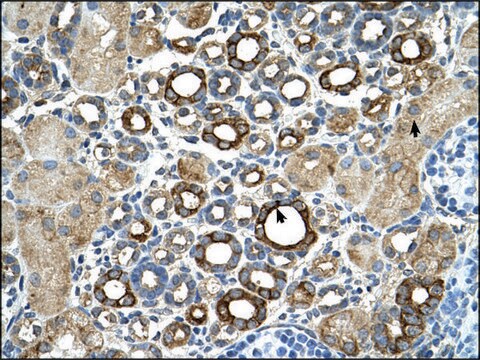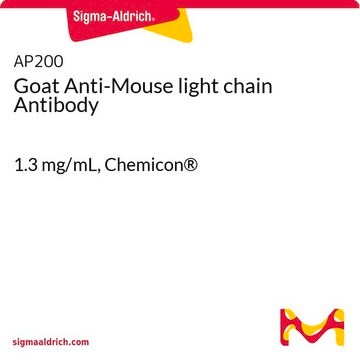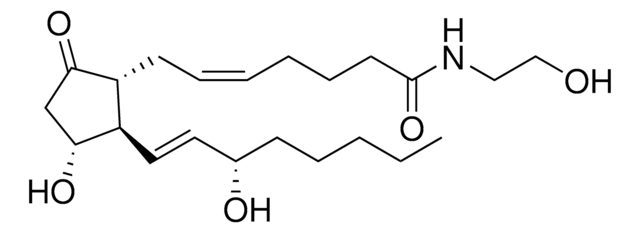ABE2599
Anti-BMAL1
from guinea pig
Synonym(s):
Aryl hydrocarbon receptor nuclear translocator-like protein 1, Arnt3, Brain and muscle ARNT-like 1, HIF-1beta
About This Item
IP
ChIP: suitable (ChIP-seq)
immunoprecipitation (IP): suitable
Recommended Products
biological source
guinea pig
Quality Level
antibody form
affinity isolated antibody
antibody product type
primary antibodies
clone
polyclonal
species reactivity
human, mouse, rat
packaging
antibody small pack of 25 μL
technique(s)
ChIP: suitable (ChIP-chip)
ChIP: suitable (ChIP-seq)
immunoprecipitation (IP): suitable
isotype
IgG
NCBI accession no.
UniProt accession no.
shipped in
ambient
target post-translational modification
unmodified
Gene Information
human ... ARNTL(406)
mouse ... Arntl(11865)
rat ... Arntl(29657)
General description
Specificity
Immunogen
Application
Chromatin Immunoprecipitation (ChIP) Analysis: A representative lot detected BMAL1 in Beta-TC6 cell DNA used for chip assays (Perelis, M., et. al. (2015). Science. 350(6261):aac4250).
Epigenetics & Nuclear Function
Quality
Immunoprecipitation Analysis: 5 µg of this antibody detected BMAL1 in HeLa cell nuclear extract.
Target description
Physical form
Storage and Stability
Other Notes
Disclaimer
Not finding the right product?
Try our Product Selector Tool.
Storage Class Code
12 - Non Combustible Liquids
WGK
WGK 2
Flash Point(F)
Not applicable
Flash Point(C)
Not applicable
Regulatory Listings
Regulatory Listings are mainly provided for chemical products. Only limited information can be provided here for non-chemical products. No entry means none of the components are listed. It is the user’s obligation to ensure the safe and legal use of the product.
JAN Code
ABE2599:
ABE2599-25UL:
Certificates of Analysis (COA)
Search for Certificates of Analysis (COA) by entering the products Lot/Batch Number. Lot and Batch Numbers can be found on a product’s label following the words ‘Lot’ or ‘Batch’.
Already Own This Product?
Find documentation for the products that you have recently purchased in the Document Library.
Our team of scientists has experience in all areas of research including Life Science, Material Science, Chemical Synthesis, Chromatography, Analytical and many others.
Contact Technical Service







